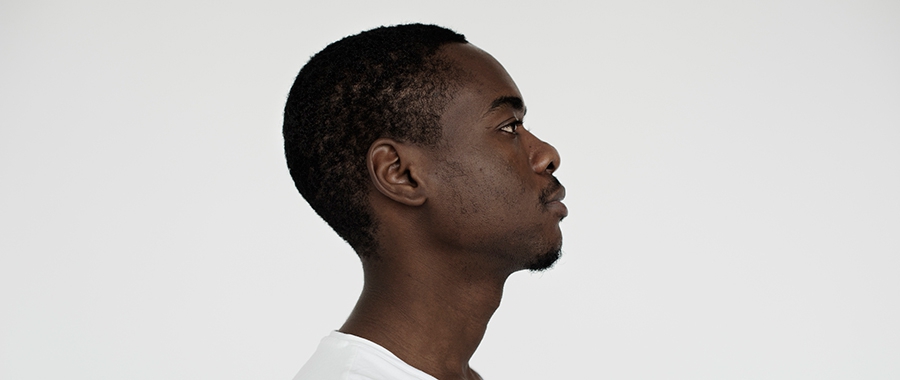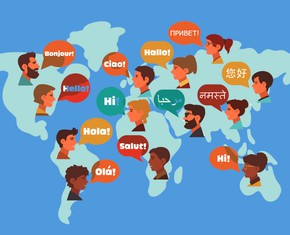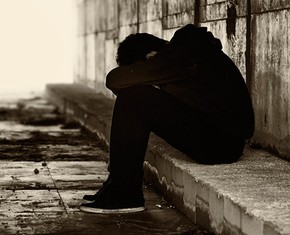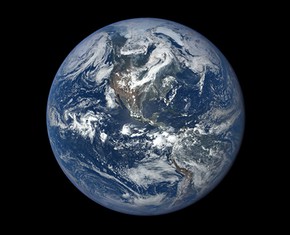The views expressed in our content reflect individual perspectives and do not represent the authoritative views of the Baha'i Faith.
It is difficult for the friends always to remember that in matters where race enters, a hundred times more consideration and wisdom in handling situations is necessary than when an issue is not complicated by this factor. – from a letter written on behalf of Shoghi Effendi, excerpted in The Pupil of the Eye, p. 89.
In the Summer of 2008, as presidential candidate Barack Obama was campaigning for the November election which would send him to the Oval Office, I hosted a devotional gathering of friends committed to the spiritual transformation of the planet. Following prayers, a discussion was initiated that eventually led to reflections on the divisive nature of politics. One of the individuals present, a demonstrably kind and sincere soul, made an innocent but culturally insensitive comment that undermined the unity of the group. Remarking on the character of Barack Obama, this individual stated that “he combined the best of both worlds: the dramatic flare for public speaking of the blacks, and the intelligence of the whites.” The room fell into a hushed silence as one of the African-Americans present excused herself, and left. One careless remark, uttered without tact or wisdom, destroyed the solidarity of the gathering by offending the hearts of some of those in attendance.
Now, I don’t believe there was any malice intended by these words, or a desire to demean the cognitive abilities of people of African descent. The speaker of these words was blithely and tragically oblivious of her own ignorance. What it indicated was an unconscious bias reflected in America’s entrenched racist views about the intellectual capacity of black people—an identification of the performative with “blackness,” and mental competency with “whiteness.” It further suggests that these qualities can only coexist in children produced through the union of black and white—a “new race of men” forming a new social elite. This can be deeply offensive to marginalized groups who often wrestle with the haunting misperception that “we are not enough”—that somehow our phenotype gives us access to certain abilities, but denies us others. This amounts to a kind of erasure of identity—a social invisibility in spaces not generally associated—by the larger community—with black or brown achievement.
When I entered Morehouse College as a transfer student in the early 1990s, I longed for a safe “black intellectual space” where my gifts could flourish, free of the burden of having to consistently affirm my value in a society that often underestimated my capacity and potential. It was at Morehouse, walking in the footsteps of such giants as Dr. Martin Luther King Jr., and Dr. Benjamin Mays—and surrounded by other gifted and intelligent African-American men—that I was able to recover from the battles already fought, and prepare for the ones to come. It was also during this time that I was introduced to the Baha’i Faith.
The core principle of Baha’u’llah’s teachings—around which all the other principles revolve—is the oneness of the human family. Abdu’l-Baha, the son of Baha’u’llah and his appointed successor, stated:
In every Dispensation, the light of Divine Guidance has been focused upon one central theme … In this wondrous Revelation, this glorious century, the foundation of the Faith of God, and the distinguishing feature of His Law, is the consciousness of the oneness of mankind. – Abdu’l-Baha, quoted by Shoghi Effendi in The Promised Day is Come, p. 119.
An essential element of the Baha’i concept of “oneness” is “unity in diversity.” The Baha’i Faith fundamentally rejects abstruse notions of color blindness or cultural homogeneity that denies variance in creation. Human creation occurs along a spectrum, like the colors on a painter’s palette: each pigment and tonal change heightens the creative possibilities of the whole. On this theme, Abdu’l-Baha wrote:
Consider the flowers of a garden: though differing in kind, color, form and shape, yet, inasmuch as they are refreshed by the waters of one spring, revived by the breath of one wind, invigorated by the rays of one sun, this diversity increaseth their charm and addeth unto their beauty. … How unpleasing to the eye if all the flowers and plants, the leaves and blossoms, the fruits, the branches and the trees of that garden were all of the same shape and color! Diversity of hues, form and shape, enricheth and adorneth the garden, and heighteneth the effect thereof. In like manner, when divers shades of thought, temperament and character, are brought together under the power and influence of one central agency, the beauty and glory of human perfection will be revealed and made manifest. – Abdu’l-Baha, Selections from the Writings of Abdu’l-Baha, pp. 291-292.
For the true Baha’i, these words are no theoretical supposition, but rather a living, breathing reality fundamental to the exercise of our Faith. The Baha’i writings categorically reject the superiority of one people above another, nor do they suggest in any way that certain abilities or qualities are the exclusive endowment of a select group. Indeed, Baha’u’llah himself states in clear and emphatic language that we have been created from one substance “that no one should exalt himself over the other.” – The Hidden Words, p. 20. It is the condition of the heart—the inner life of the soul—that is the distinguishing characteristic of the individual:
There is no distinction of color; all are one in the color and beauty of servitude to Him. Color is not important; the heart is all-important. It mattereth not what the exterior may be if the heart is pure and white within. God doth not behold differences of hue and complexion. He looketh at the hearts. He whose morals and virtues are praiseworthy is preferred in the presence of God; he who is devoted to the Kingdom is most beloved. – Abdu’l-Baha quoted by Shoghi Effendi in The Advent of Divine Justice, pp. 37-38.
















Comments
Sign in or create an account
Continue with Googleor